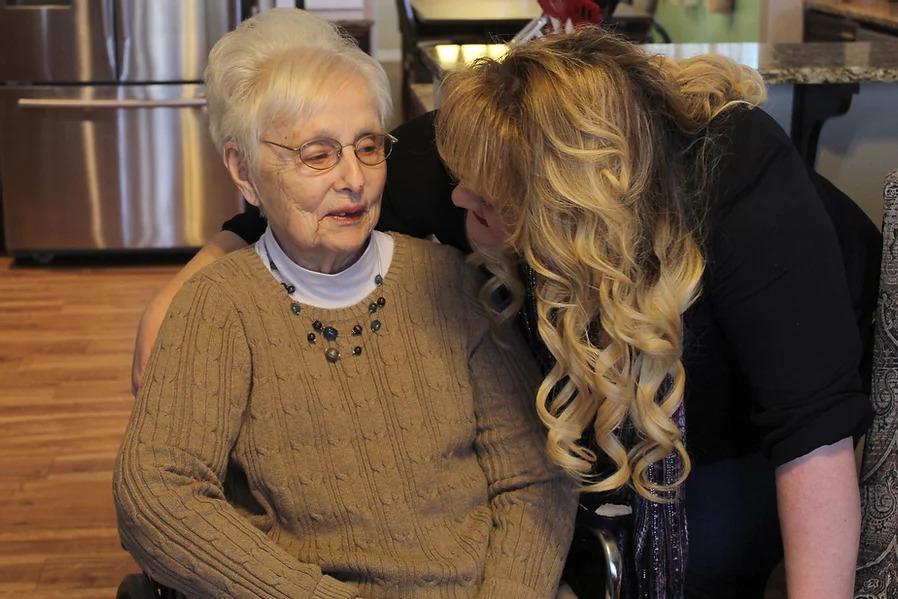Guideline #1- Never Shame, Always Distract
This can be used in all of the above situations and is a good tactic for people in general. Scolding or shaming someone with dementia can only make things worse instead there should be encouragement a good example would be at a grocery store. To prevent wandering or grabbing random objects from the shelf caregivers can ask "will you push the cart so I can check the list?" This gives them something to do and can make them feel helpful too.
Everyone varies person to person but hopefully, this helps caregivers and can help anyone. These tactics can be used on all people but it is important to remember with people who have memory loss disease such as dementia.


